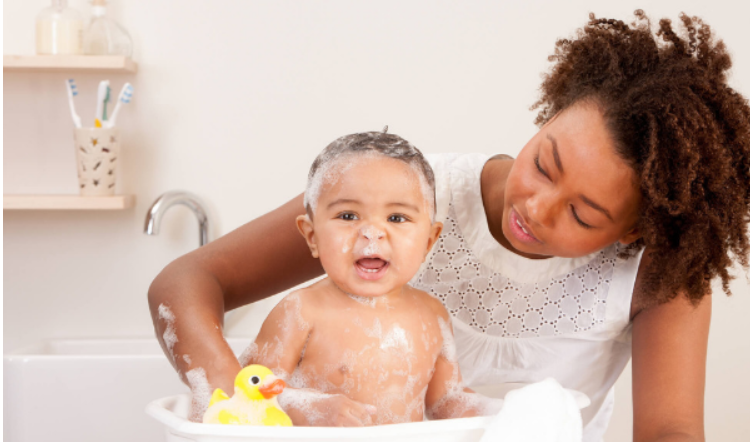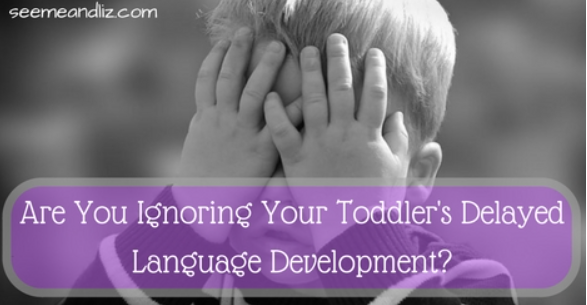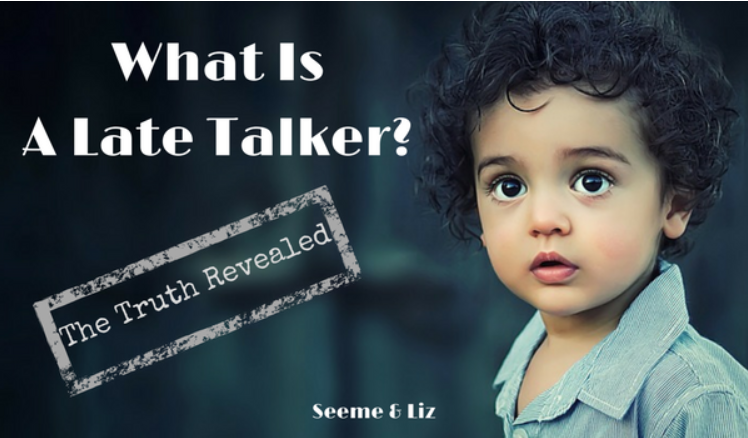There are actually hundreds of ordinary toddler language activities that can be made extraordinary.
I bet you are already doing many of these play activities with your toddler without realizing all of the benefits they bring for your child.
In this article, I will discuss 3 things that you probably already do daily or on a regular basis with your child.
Children are constantly learning, even if you don’t realize it.
You do not need to explicitly teach a young child something in order for learning and brain development to occur.
In fact, it is better for your child to be exposed to learning that occurs in a more natural way.
So let’s take a look at how you can turn these 3 ordinary routines into extraordinary learning experiences for your child!
Turning Ordinary Toddler Activities Into Extraordinary Language Learning Opportunities!
The Park
Taking your child to the park can become monotonous for many parents.
You put your child into the swing and push them back and forth. Maybe they will go down the slide a few times and then it’s time to head back home.
Hopefully I can change your mind on how you view a trip to the neighborhood park.
Here are a few ideas that will benefit your toddler’s speech and language skills:
- ♦ Upon arrival let your child decide what she wants to do. Pause and see where she goes.
- If she heads to the swing for example, narrate her actions. “Oh, you want to swing”.
- See if she will indicate that she wants you to lift her up by either saying “up” or by pointing, signing or gesturing such as lifting her arms up.
- Give her the chance to communicate with you before doing what you think she wants.
- ♦ Continue to narrate throughout the activity – “I can lift you onto the swing”, “here’s a big push”, “you’re going so high”. Make sounds and noises such as “weee”.
- ♦ After a few pushes, stop.
- See if your child will indicate that she wants the activity to continue either through gestures (e.g. kicking her legs) or through words such as “more” or “more swing”.
- ♦ If your child is using single words, use this opportunity to expand her words.
If she says “more” you can repeat with “more swinging”. Keep it simple but try to use correct grammar whenever possible. - ♦ Talk about actions such as running, jumping, skipping, blowing (take some bubbles to the park), catching (a ball, a bug, etc.), sliding, swinging, walking.
- ♦ Opposites: up/down, in/out, fast/slow, big/small
- ♦ Play hide and seek and use prepositions such as: on, in, under, behind, in front, beside.
- ♦ Write your child’s name in the sand/dirt (assuming there is some), let her trace the letters if she wants (don’t push it though, go with what she is interested in).
- ♦ Talk about things you see: birds flying, other kids playing, clouds in the sky, the color of the slide, etc.
- ♦ Social skills such as turn taking, keeping hands to yourself, etc.
I could go on and on, but you get the idea.
Use going to the park as a time to introduce your child to new vocabulary whenever possible.
Bath Time
Most (unfortunately not all) children look forward to having a bath and getting to play in the water.
Did you know that an activity as routine as a bath can be about so much more than just keeping your toddler clean?
As there are many opportunities for language and learning when it comes to bath time, I have written an entire article dedicated to bath toys and the learning that can occur.
So instead of writing it all out again, why not just read all of my tips here!
The first part of the article discusses all of the learning opportunities associated with bath time.
The remainder of the article features bath toys that will help expand the language building opportunities.
Since bath time involves playing in water, you might also be interested in The Language Benefits Of Water Play With Preschoolers!
Meal Time
Here’s another activity that happens on a daily basis.
If you aren’t setting aside time for family meals, now is the perfect time to start!
Even if your schedule is busy, try to fit in a family meal a few times a week.
Rather than rushing through a meal, take this opportunity to expose your child to new vocabulary.
Talk about what is being served for dinner.
Don’t worry that he might not know what a sweet potato is. The more he hears the words, the sooner he will understand them and use them himself.
Some ideas for language development and learning during meals include:
- ♦ Talk about textures and taste – soft, hard, crunchy, sweet, salty, spicy, sour, etc.
- ♦ Label different foods
- ♦ Wait for your child to indicate she wants to eat either through words, gestures or signs
- ♦ Colors – casually mention the color of certain kinds of food (e.g. red apple, green beans)
- ♦ Count Cheerios – my kids loved this one!
- ♦ Shapes – e.g. a cheerio/grape/tomato is a circle, a piece of cheese might be a square
- ♦ Grasp – picking up small pieces of food between fingers, or using a spoon/fork.
Toddler Language Activities Don’t Need To Be Complicated!
As you can see, toddlers can be working on many different skills in these everyday scenarios.
Your child will learn a lot more in a natural setting with these regularly occurring routines, than they will in a preschool environment being explicitly taught letters, numbers, shapes, etc.
A toddler or preschooler does not need to learn the “letter of the day”.
They will grow and thrive more from natural experiences like going to the park, having a bath or eating a meal!
Don’t get me wrong, I am not against daycare or preschool, but don’t feel like you need to send your child to school at an early age for them to get ahead academically.
There is also no need to follow lesson plans to “homeschool” your toddler/preschooler!
There are many toddler language activities you can easily do at home in a very natural setting.
What are some of your favorite everyday activities that can be turned into extraordinary learning experiences?
Please share your thoughts in the comments below.




